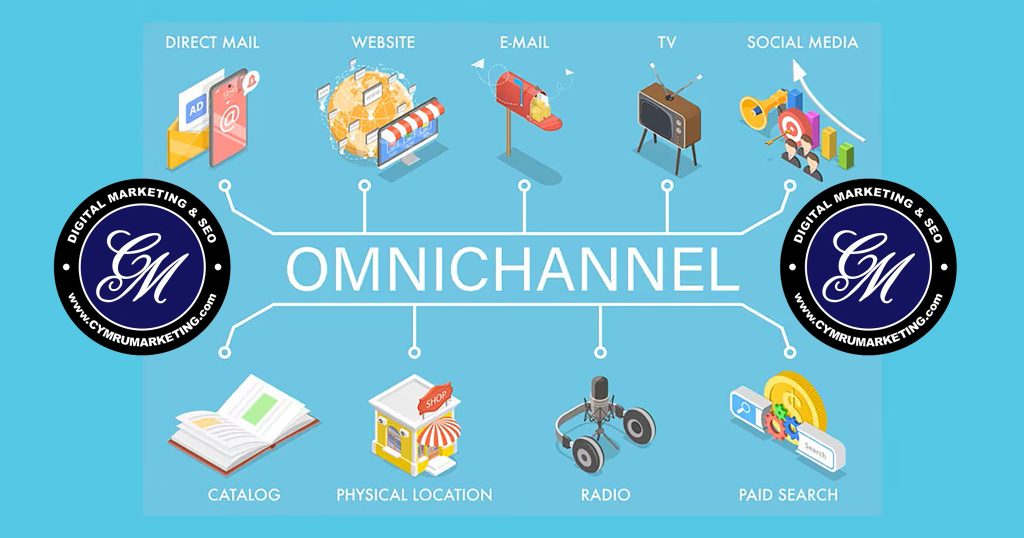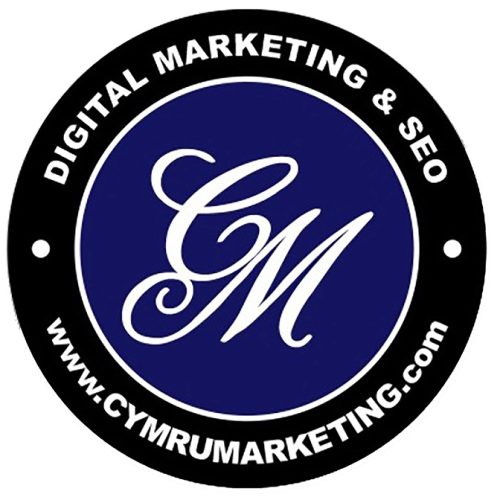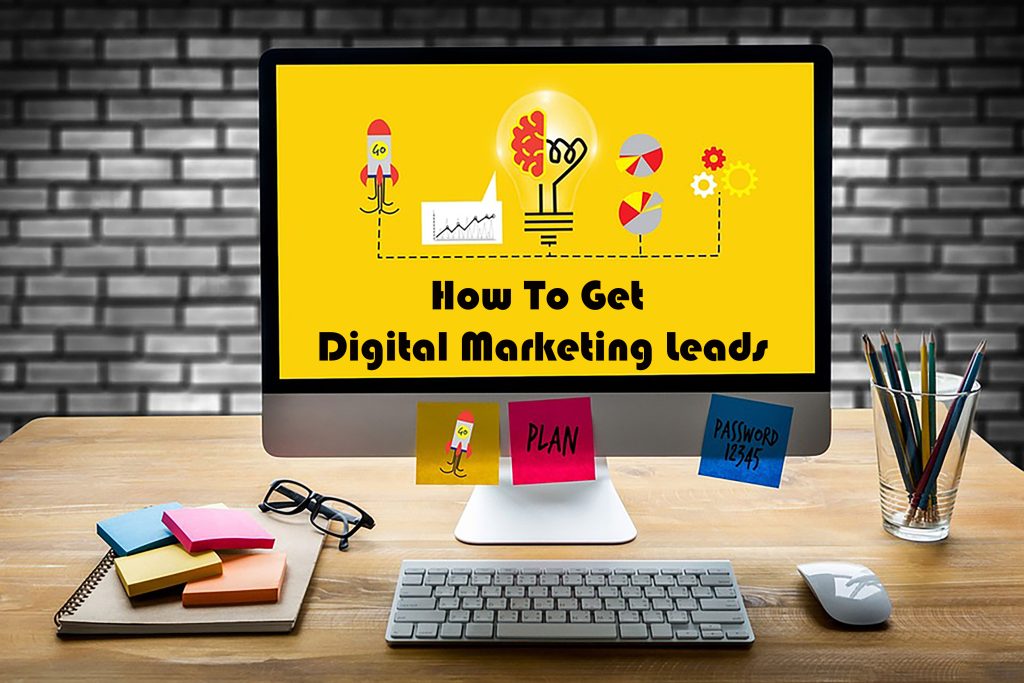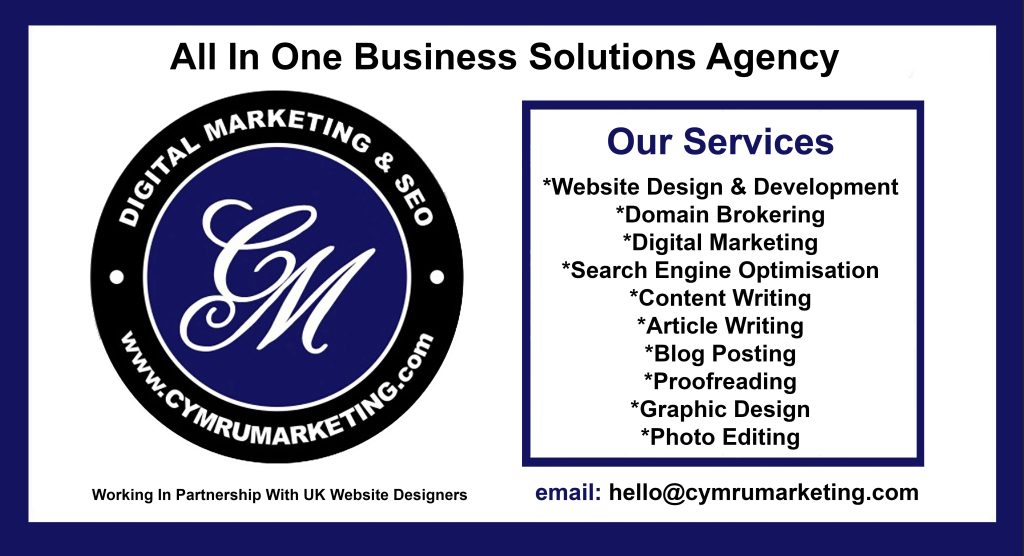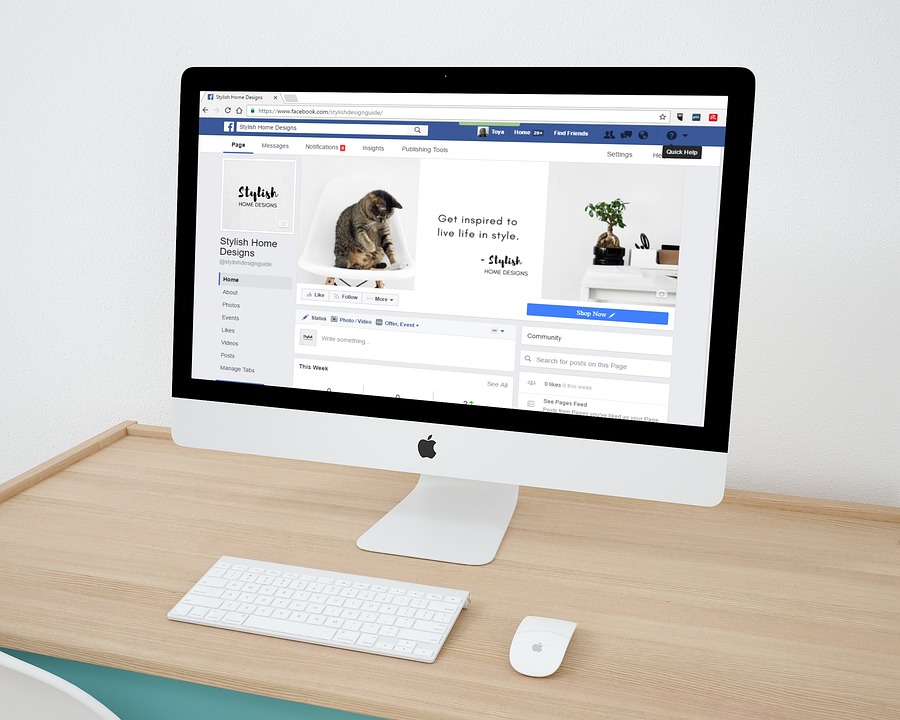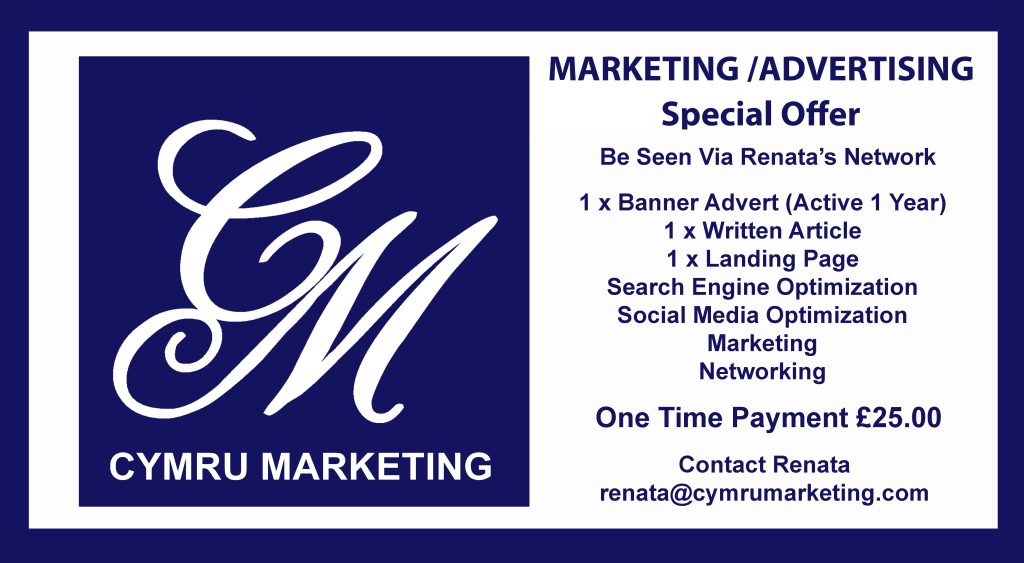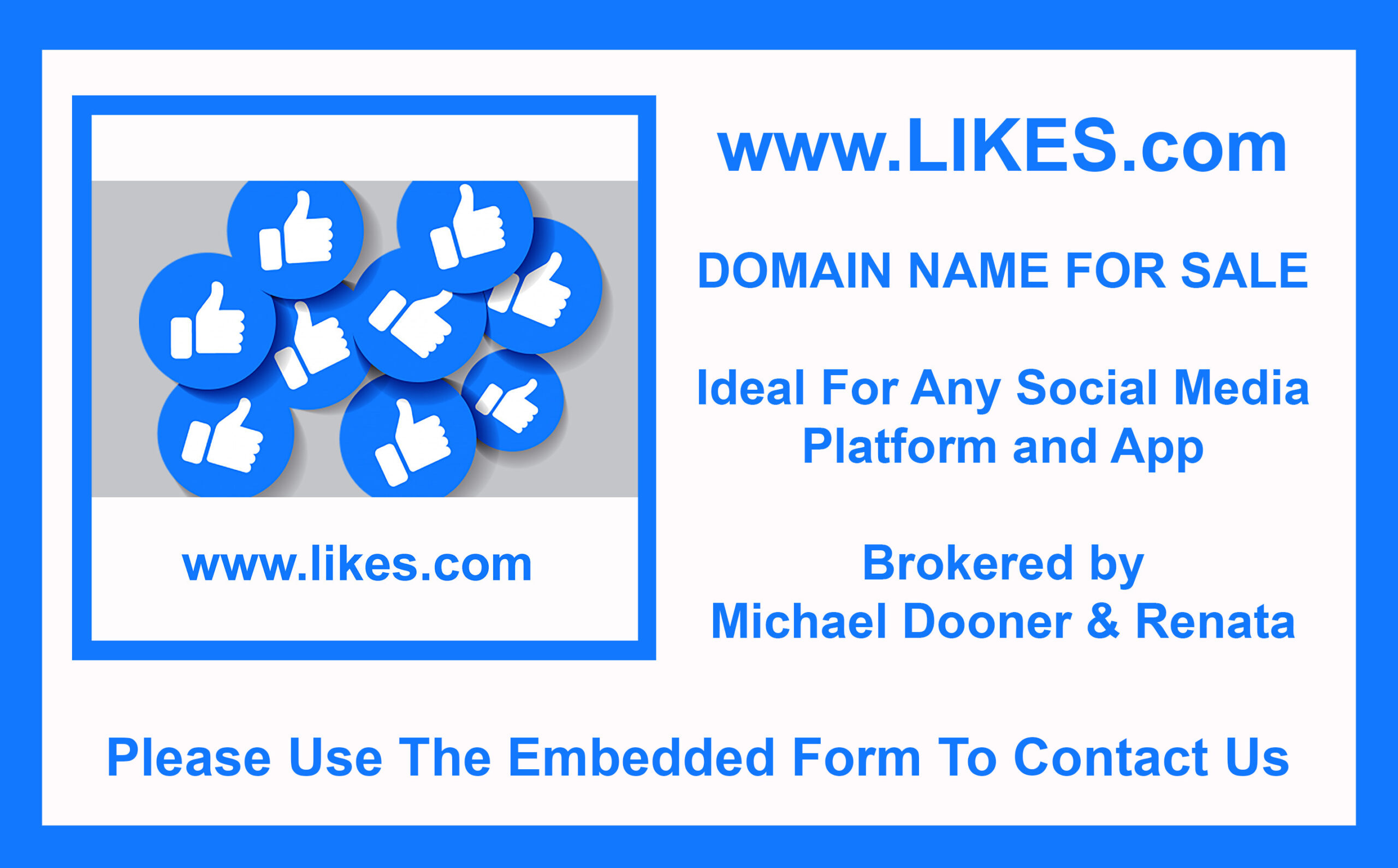The Importance of Marketing, Advertising & Content Writing.
This article contains:
- The Importance of Marketing
- The Importance of Advertising
- The Importance of Content Writing
- The Importance of SEO
- The Importance of Networking
- The Importance of Using Influencers
- The Importance of Blogging
The Importance of Marketing
Marketing is a crucial aspect of any business, as it plays a fundamental role in creating awareness about a brand and its products or services. Marketing encompasses a range of activities, including advertising, promotions, public relations, and sales, all of which work together to promote a business and its offerings.
The importance of marketing cannot be overstated, as it is the driving force behind a company’s growth and success. Marketing allows businesses to identify and connect with their target audience, build brand recognition and loyalty, and ultimately, generate revenue.
One of the primary benefits of marketing is its ability to create brand awareness. By developing a marketing strategy that includes advertising, social media, and other promotional activities, businesses can reach a wider audience and increase their visibility. This increased exposure can lead to more sales and a more significant market share.
Marketing also allows businesses to differentiate themselves from their competitors. By identifying their unique selling proposition and highlighting it in their marketing campaigns, businesses can position themselves as the best solution for their target audience’s needs. This differentiation can create a competitive advantage that sets them apart from other businesses in their industry.
In addition to promoting products and services, marketing can also be used to build brand loyalty. By creating an emotional connection with their customers through storytelling, branding, and content marketing, businesses can create a loyal customer base that is more likely to make repeat purchases and recommend the brand to others.
Marketing can also help businesses understand their customers better. Through market research and data analysis, businesses can gain valuable insights into their target audience’s behavior, preferences, and needs. This information can then be used to develop more effective marketing strategies that resonate with their audience and drive better results.
Finally, marketing is essential for generating revenue. By creating a demand for their products and services, businesses can increase their sales and profits. Marketing campaigns can be designed to target specific customer segments, increase conversion rates, and maximize the return on investment.
Marketing is a vital component of any successful business. By creating brand awareness, differentiating from competitors, building brand loyalty, understanding customer behavior, and generating revenue, businesses can drive growth and achieve their goals. Whether a business is large or small, a strong marketing strategy can make all the difference in its success.
The Importance of Advertising
Advertising is an essential tool for businesses of all sizes to communicate their products or services to a vast audience. In today’s globalized and competitive economy, advertising has become more important than ever before. From small start-ups to large corporations, advertising is an integral part of any business strategy. In this article, we will explore the importance of advertising and why businesses need to invest in advertising.
- Creating Brand Awareness
Advertising is an effective way to create brand awareness. By advertising your product or service, you can introduce your brand to a larger audience. A successful advertising campaign will create a positive image of your brand and create a lasting impression on potential customers. When people see your advertisement repeatedly, they will be more likely to remember your brand when they are ready to make a purchase.
- Attracting New Customers
Advertising helps businesses to attract new customers. By creating a compelling message, businesses can persuade people who have never heard of their brand to consider purchasing their products or services. Advertising can be targeted to specific demographics, making it easier for businesses to reach potential customers who are most likely to be interested in what they have to offer.
- Building Customer Loyalty
Advertising can help to build customer loyalty. By creating ads that highlight the benefits of your products or services, businesses can reinforce the positive image of their brand in the minds of existing customers. This can lead to repeat business and word-of-mouth referrals, which are powerful sources of new customers.
- Staying Competitive
In today’s highly competitive business environment, advertising is essential to staying ahead of the competition. Advertising allows businesses to communicate their unique selling points and differentiate themselves from competitors. By creating ads that showcase the benefits of their products or services, businesses can attract customers who might have otherwise chosen a competitor.
- Driving Sales
Ultimately, advertising is about driving sales. By creating ads that appeal to potential customers, businesses can increase their sales and revenue. Advertising can be used to promote new products or services, encourage repeat business, and drive traffic to brick-and-mortar or online stores.
Advertising is an essential tool for businesses to communicate their products or services to a vast audience. By creating brand awareness, attracting new customers, building customer loyalty, staying competitive, and driving sales, advertising is a crucial part of any successful business strategy. With so much competition in today’s business environment, businesses that invest in advertising are more likely to succeed and thrive.
The Importance of Content Writing
Content writing has become an integral part of marketing in today’s digital age. The internet has made it easier than ever to reach a global audience, and content writing is one of the most effective ways to do that. Content writing is the process of creating written material for digital platforms, including blogs, websites, social media, and email marketing campaigns.
The importance of content writing cannot be overstated. The following are some of the reasons why content writing is essential:
- Attracts traffic to your website High-quality, informative, and engaging content is the key to attracting traffic to your website. When people search for information related to your business or products, search engines direct them to your website if you have relevant and well-written content. By attracting more visitors to your website, you increase the chances of converting them into paying customers.
- Builds brand identity Creating high-quality and consistent content that reflects your brand values and voice helps to build a strong brand identity. By producing content that is tailored to your target audience, you can establish your business as an authority in your industry, build brand loyalty and increase customer engagement.
- Enhances customer engagement Content writing is an excellent way to engage with your customers and build long-term relationships with them. Through the use of blog posts, social media posts, and email marketing campaigns, you can provide valuable information to your customers and keep them informed about new products and services. This, in turn, increases customer loyalty and enhances their overall experience with your brand.
- Boosts SEO The quality of your content is one of the primary factors that determine your website’s ranking on search engine results pages (SERPs). Search engines prefer websites that have relevant, high-quality, and engaging content. By optimizing your content with relevant keywords, you can boost your website’s visibility and increase the chances of ranking higher on search engine results pages.
- Generates leads and sales Finally, content writing plays a critical role in generating leads and sales for your business. By creating content that is informative, engaging, and persuasive, you can convince potential customers to try your products or services. Well-written product descriptions, customer testimonials, and how-to guides can help to build trust and credibility, leading to increased sales and revenue.
Content writing is an essential tool for any business that wants to succeed in the digital age. By creating high-quality, relevant, and engaging content, you can attract more visitors to your website, build brand identity, engage with customers, boost SEO, and generate leads and sales. With the right content strategy, businesses can achieve their marketing goals and stay ahead of their competition.
The Importance of SEO
In the modern world of digital marketing, it’s essential to have an online presence. However, having a website or social media accounts alone is not enough. It’s crucial to optimize your online presence for search engines to ensure that your business or brand is discoverable by potential customers. This is where Search Engine Optimization (SEO) comes in.
SEO refers to the process of improving the visibility and ranking of a website or webpage in search engine results pages (SERPs) for relevant keywords and phrases. The higher your website ranks in search results, the more likely it is that users will visit your website, increasing the likelihood of conversions and revenue.
Here are some reasons why SEO is essential for any business or brand:
- Increased visibility and website traffic With the majority of online experiences starting with a search engine, it’s essential to have a high ranking in search results. Implementing SEO strategies such as keyword research, on-page optimization, and link building can help improve your website’s ranking and increase visibility. This, in turn, can lead to increased website traffic and potential customers.
- Cost-effective marketing Compared to other forms of digital marketing such as paid advertising, SEO can be a cost-effective way of driving traffic to your website. While SEO requires an investment of time and resources, it can provide long-term benefits, and the traffic generated is often of higher quality and more likely to convert.
- Improved user experience SEO not only involves optimizing your website for search engines, but it also involves improving the user experience for your website visitors. This includes ensuring that your website is easy to navigate, has fast loading times, and is mobile-friendly. A positive user experience can lead to higher engagement and more conversions.
- Competitive advantage In today’s competitive digital landscape, having a strong SEO strategy can provide a significant advantage over competitors. By ranking higher in search results, your business or brand is more likely to be seen by potential customers, giving you an edge over competitors who may not have invested in SEO.
- Long-term benefits While other forms of digital marketing may provide quick results, the benefits are often short-lived. SEO, on the other hand, provides long-term benefits, with the potential to generate traffic and revenue for years to come. A well-executed SEO strategy can provide a sustainable and scalable source of website traffic and revenue.
SEO is an essential component of any digital marketing strategy. By improving your website’s ranking in search results, you can increase visibility, drive website traffic, and ultimately increase revenue. With the right approach and investment, SEO can provide a significant competitive advantage and long-term benefits for your business or brand.
The Importance of Networking
Networking is a term used to describe the process of creating and maintaining relationships with people, businesses, and organizations. Networking has become increasingly important in today’s interconnected world, where the ability to establish and cultivate meaningful connections can help to advance careers, build businesses, and achieve personal and professional goals.
The benefits of networking are numerous, and they extend to individuals and businesses alike. Networking can help individuals to find new job opportunities, establish connections with like-minded professionals, and gain valuable industry insights and knowledge. For businesses, networking can help to establish partnerships and collaborations, attract new customers, and build brand recognition and credibility.
One of the key components of effective networking is building relationships. Building relationships requires a combination of authenticity, persistence, and generosity. Authenticity means being genuine and honest in your interactions with others. Persistence means continuing to engage with others even when it may not immediately result in a desired outcome. And generosity means being willing to give without expecting anything in return.
In addition to building relationships, effective networking also involves being strategic. This means identifying the people and organizations that are most relevant to your goals and focusing your networking efforts on them. It also means having a clear understanding of your own strengths and value proposition and being able to articulate them in a compelling way to others.
There are a number of different networking channels and strategies that can be used to build relationships and establish connections. These include attending industry conferences and events, participating in online forums and communities, joining professional associations and organizations, and leveraging social media platforms like LinkedIn.
Another important aspect of effective networking is follow-up. Following up after an initial meeting or interaction can help to solidify a relationship and demonstrate your interest and commitment to establishing a connection. This can be done through email, phone, or in-person follow-up meetings or interactions.
Finally, it’s important to recognize that networking is a long-term investment. Building strong relationships takes time and effort, and the benefits may not be immediately apparent. However, by consistently engaging with others and staying committed to building and maintaining connections, the rewards of networking can be substantial and enduring.
Networking is an essential skill for both individuals and businesses in today’s interconnected world. By building strong relationships, being strategic in your approach, and following up consistently, you can establish valuable connections and gain a range of personal and professional benefits. Whether you are seeking to advance your career, build your business, or simply expand your network, investing in networking can help you to achieve your goals and build a successful future.
The Importance of Using Influencers
In recent years, the use of influencers has become an increasingly important part of many companies marketing strategies. Influencers are people with large followings on social media who can promote products and services to their followers. The use of influencers has proven to be an effective way for companies to reach their target audience, build brand awareness, and increase sales. In this article, we will explore the importance of using influencers in marketing.
One of the most significant benefits of using influencers is their ability to reach a large and engaged audience. Influencers have spent years building up their following on social media platforms, and they have a high level of trust and credibility with their followers. When an influencer promotes a product or service, their followers are more likely to listen and take action. This can lead to a significant increase in brand awareness and sales for the company.
Another important benefit of using influencers is their ability to provide social proof. Social proof is the idea that people are more likely to trust and believe something if they see others doing it. When an influencer promotes a product or service, it provides social proof to their followers that the product is worth trying. This can be especially important for new or lesser-known products, as influencers can help build trust and credibility for the brand.
In addition to their ability to reach a large and engaged audience and provide social proof, influencers can also help companies target specific demographics. Many influencers have a particular niche or audience that they appeal to, and companies can use this to their advantage by partnering with influencers who have followers in their target market. For example, a company selling vegan food products might partner with an influencer who focuses on plant-based diets and healthy living.
Finally, the use of influencers can be an efficient and cost-effective marketing strategy. Compared to traditional advertising methods, such as television or print ads, the use of influencers can be less expensive and have a higher return on investment. Additionally, influencers often have a high level of creativity and can develop engaging content that is tailored to their followers and the product or service they are promoting.
In conclusion, the use of influencers is an important and effective part of many companies marketing strategies. Influencers have the ability to reach a large and engaged audience, provide social proof, target specific demographics, and be a cost-effective marketing strategy. When used correctly, influencers can help companies build brand awareness, increase sales, and connect with their target audience.
The Importance of Blogging
Blogging has become a popular way of sharing information, expressing ideas, and promoting products and services. It is a form of online writing that has gained popularity over the years due to its flexibility, ease of use, and accessibility. Blogging provides an avenue for individuals and businesses to establish their online presence, create a community, and interact with their readers.
There are several reasons why blogging is important, both for individuals and businesses. In this article, we will explore some of the key benefits of blogging.
- Establishing an Online Presence
Blogging allows individuals and businesses to establish an online presence by creating a website or a blog that represents their brand. This online presence can be used to attract a loyal following and build credibility with customers and clients. By creating quality content and regularly updating the blog, individuals and businesses can create a platform that showcases their expertise, products, and services.
- Building a Community
Blogging also provides an avenue for individuals and businesses to connect with readers and build a community around their brand. By encouraging comments, responding to feedback, and engaging with readers, bloggers can build a loyal following and create a sense of community around their brand. This community can then be leveraged to promote products and services, gather feedback, and establish authority in the industry.
- Improving SEO
Blogging is also an effective way to improve search engine optimization (SEO). By creating quality content, using relevant keywords, and promoting the blog on social media and other channels, bloggers can improve their website’s ranking on search engines like Google. This increased visibility can lead to more traffic, more leads, and more sales for businesses.
- Creating a Personal Brand
For individuals, blogging can be a powerful way to create a personal brand and establish themselves as thought leaders in their industry. By sharing their expertise, opinions, and experiences on a blog, individuals can establish themselves as experts in their field, which can lead to speaking opportunities, consulting gigs, and other business opportunities.
- Promoting Products and Services
Blogging can also be used to promote products and services. By creating content that highlights the benefits of a particular product or service, businesses can attract potential customers and generate leads. Blogging can also be used to showcase case studies, customer success stories, and other forms of social proof that demonstrate the value of a product or service.
In conclusion, blogging is a powerful tool that can be used to establish an online presence, build a community, improve SEO, create a personal brand, and promote products and services. By creating quality content and engaging with readers, bloggers can create a platform that attracts visitors, generates leads, and establishes authority in their industry. Whether you are an individual looking to establish yourself as a thought leader or a business looking to attract customers, blogging can be an effective way to achieve your goals.
Conclusion
In conclusion, we will put your business in front of a large audience, we will write an article of up to 1000 words, and design a banner advert unless you wish to provide one.
We will set up a landing page so that people looking for businesses in your industry will find you.
We will share your article across our network of connections and across social media platforms including relevant groups and pages and we will provide you backlinks to where you can find your advertisements.
We will perform SEO so that your articles can be found on search engines and we will put your advert on our pages so that visitors coming to our sites will see your business standing out.
For a small fee of £25, (normal price £99.99) your advert will stay active inclusive of everything listed above for a whole year on www.cymrumarketing.com. Just click the link below to get started. If you have any questions feel free to send me a message (Renata -Editor).
Consider this, content writers charge £20 for a 300-word article and that is it, yet you get much more by simply using us. You won’t get anything better than this anywhere on the internet, just saying…
Remember if you want to put your message across a larger network you have to get outside help or you have to invest in advertising campaigns that may cost you a lot more than what we are offering. We even create videos at an extra cost.
OR

**Disclaimer** Our site is a part of the UK Website Designers Group which you will see upon checkout. If you are interested in our other services such as website design and development just drop me a line to renata@cymrumarketing.com **Offer Ends ** March 30th 2023.
#advertising #marketing #digitalmarketing #seo #bannerads #networking #influencers
